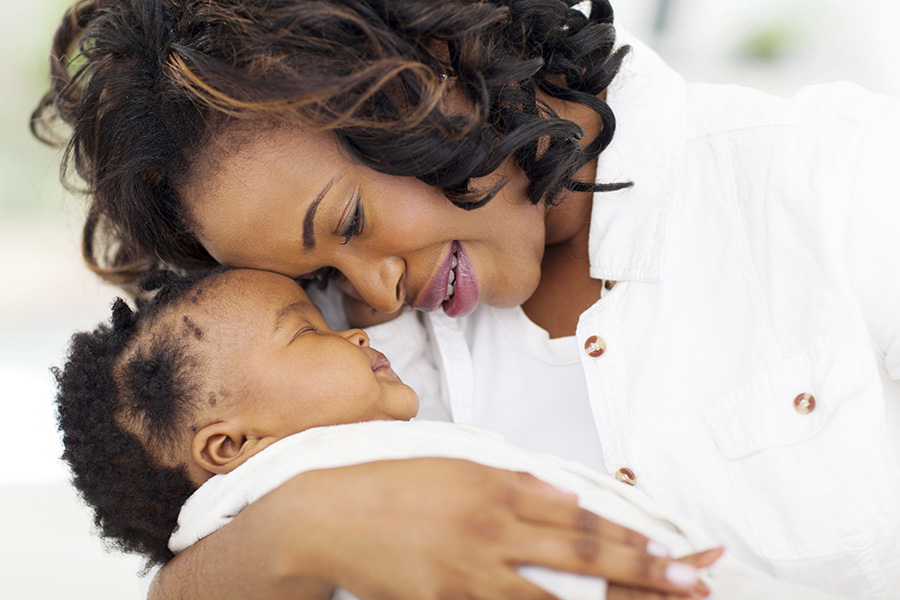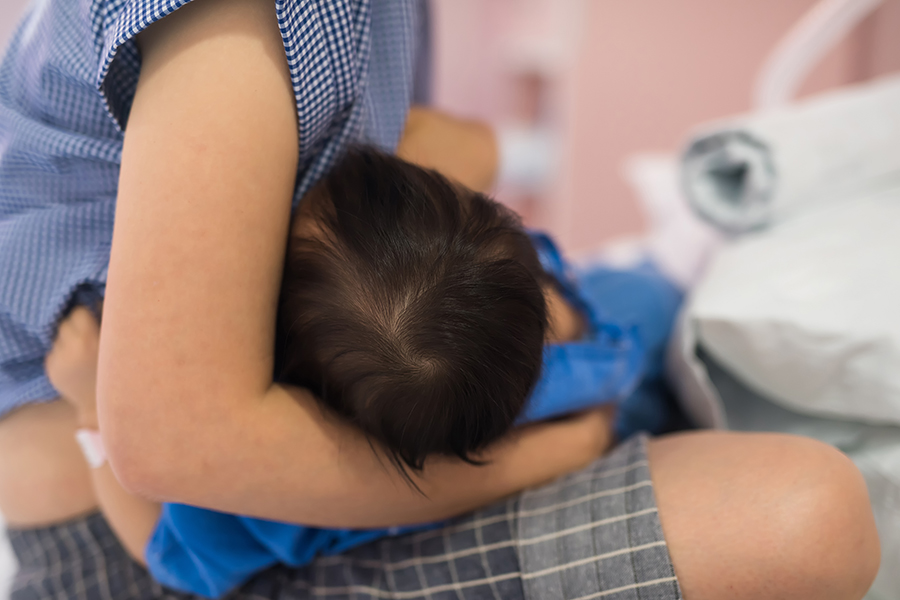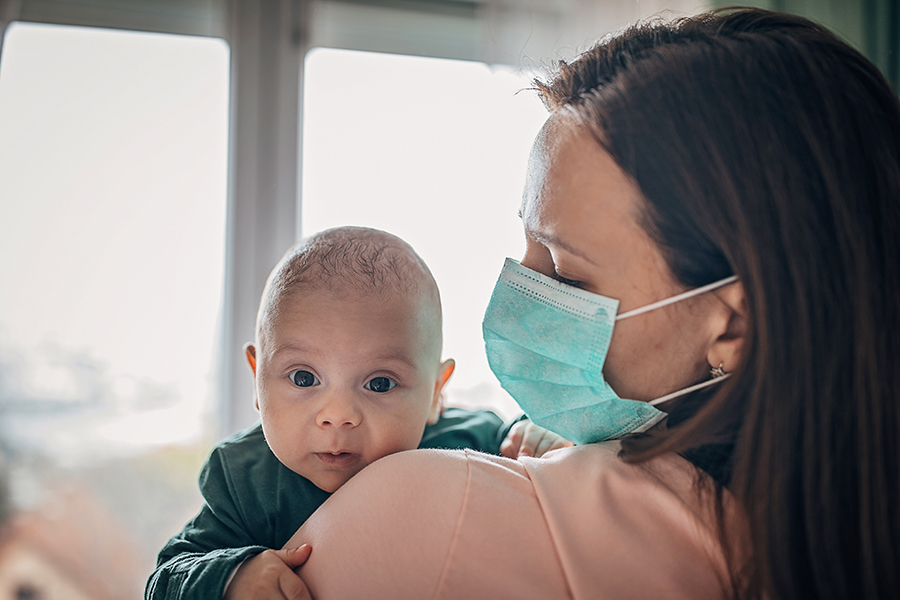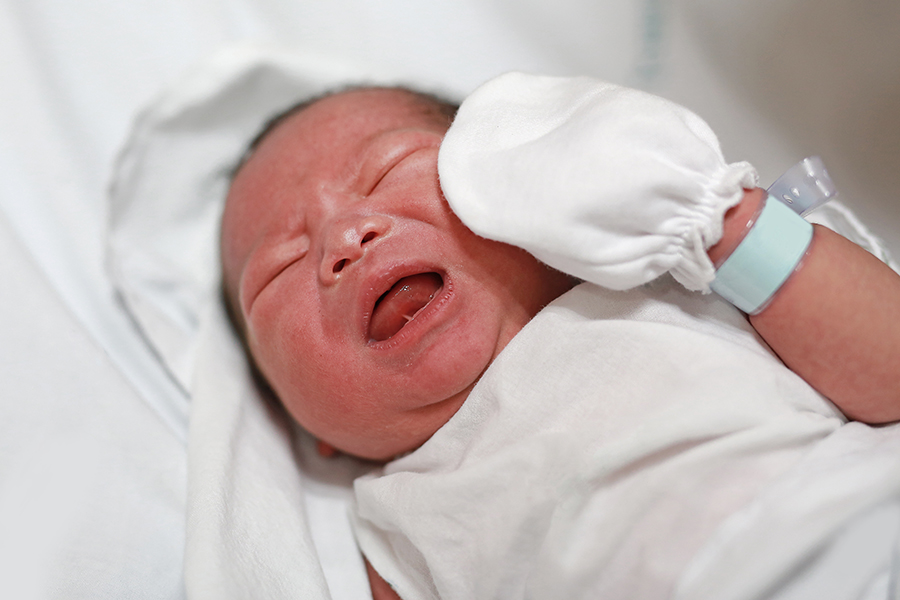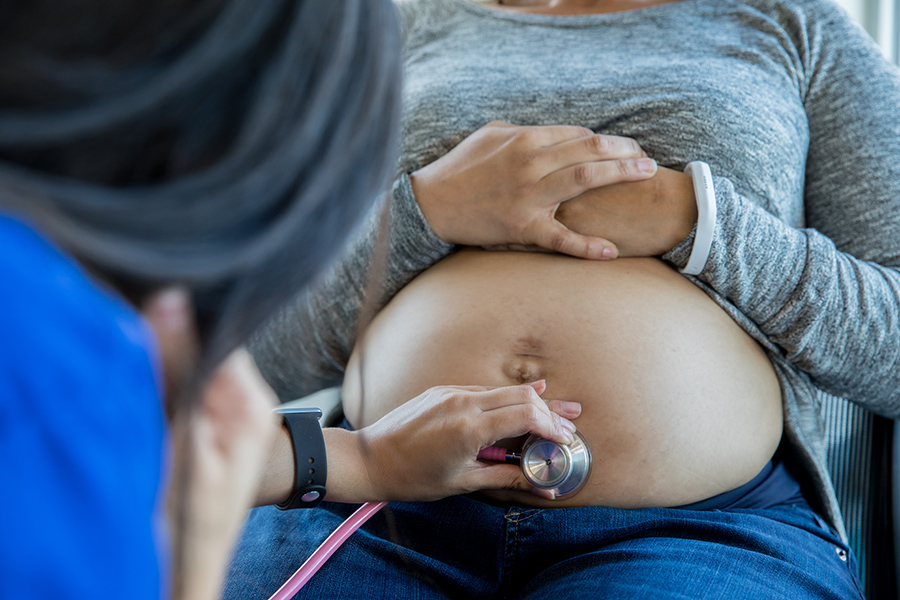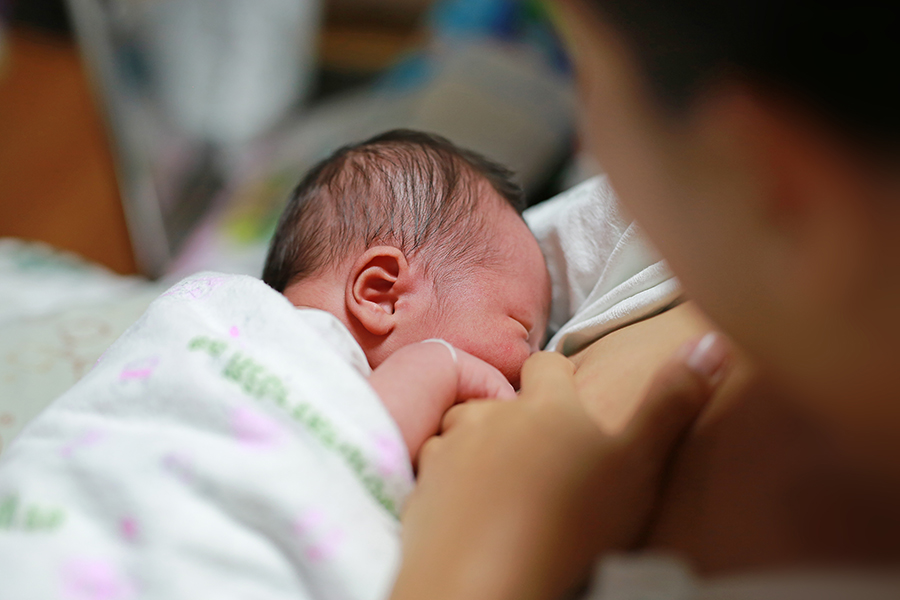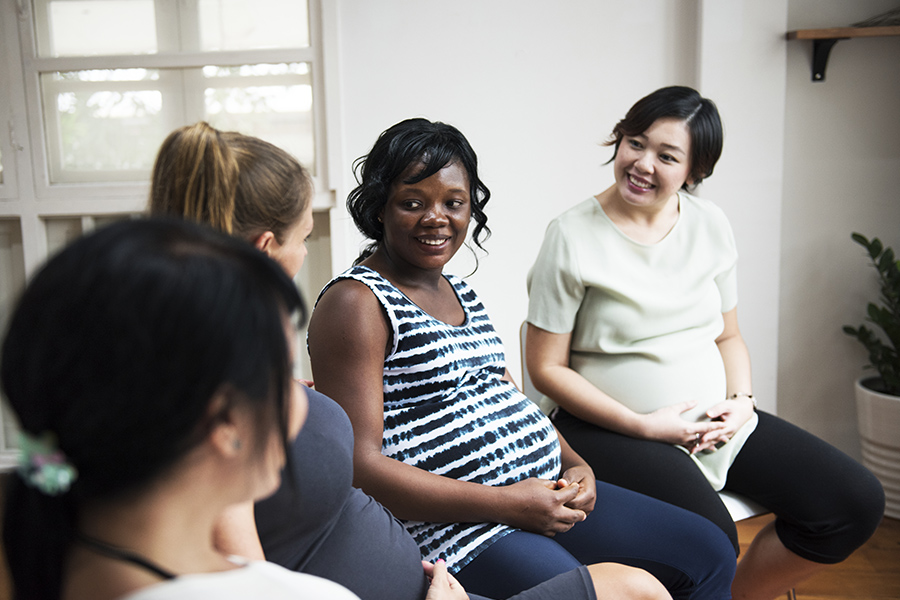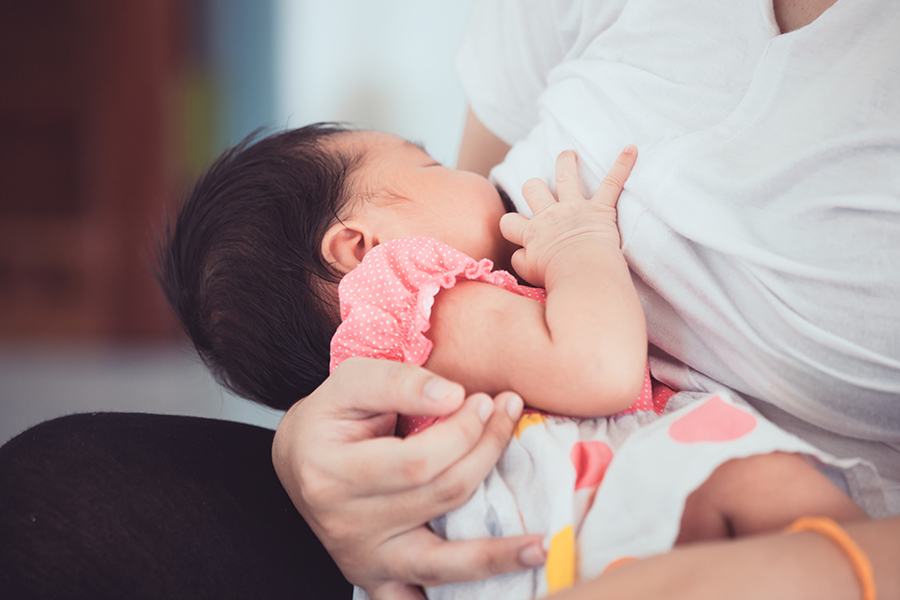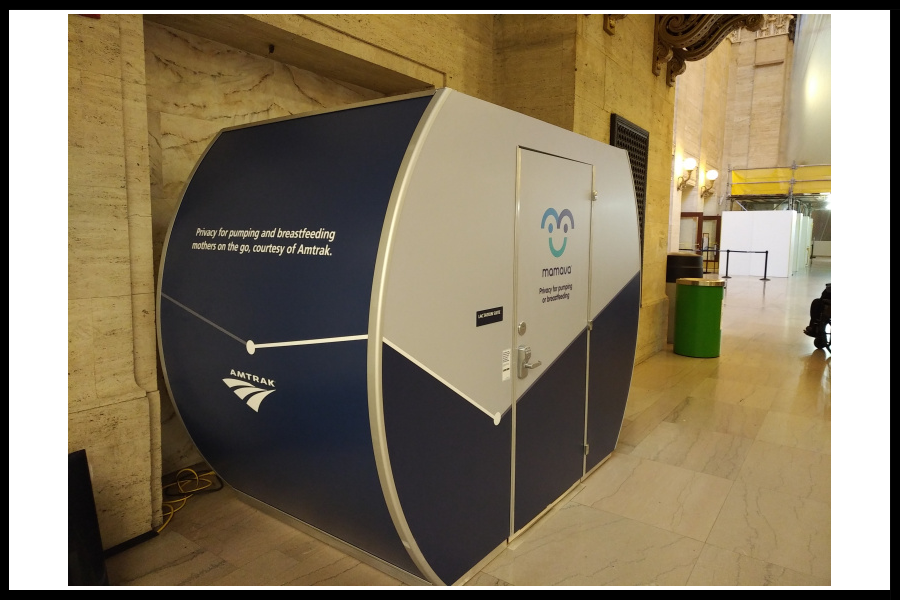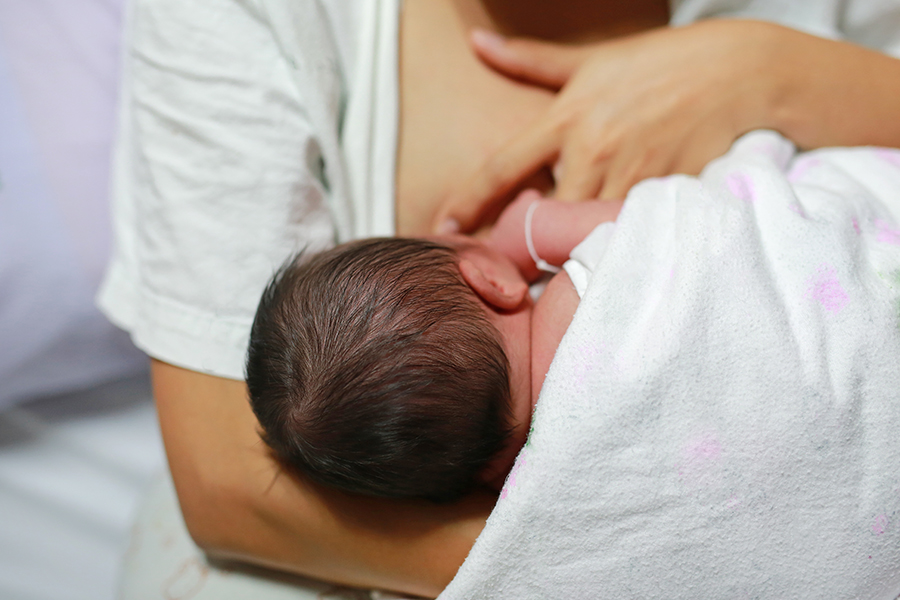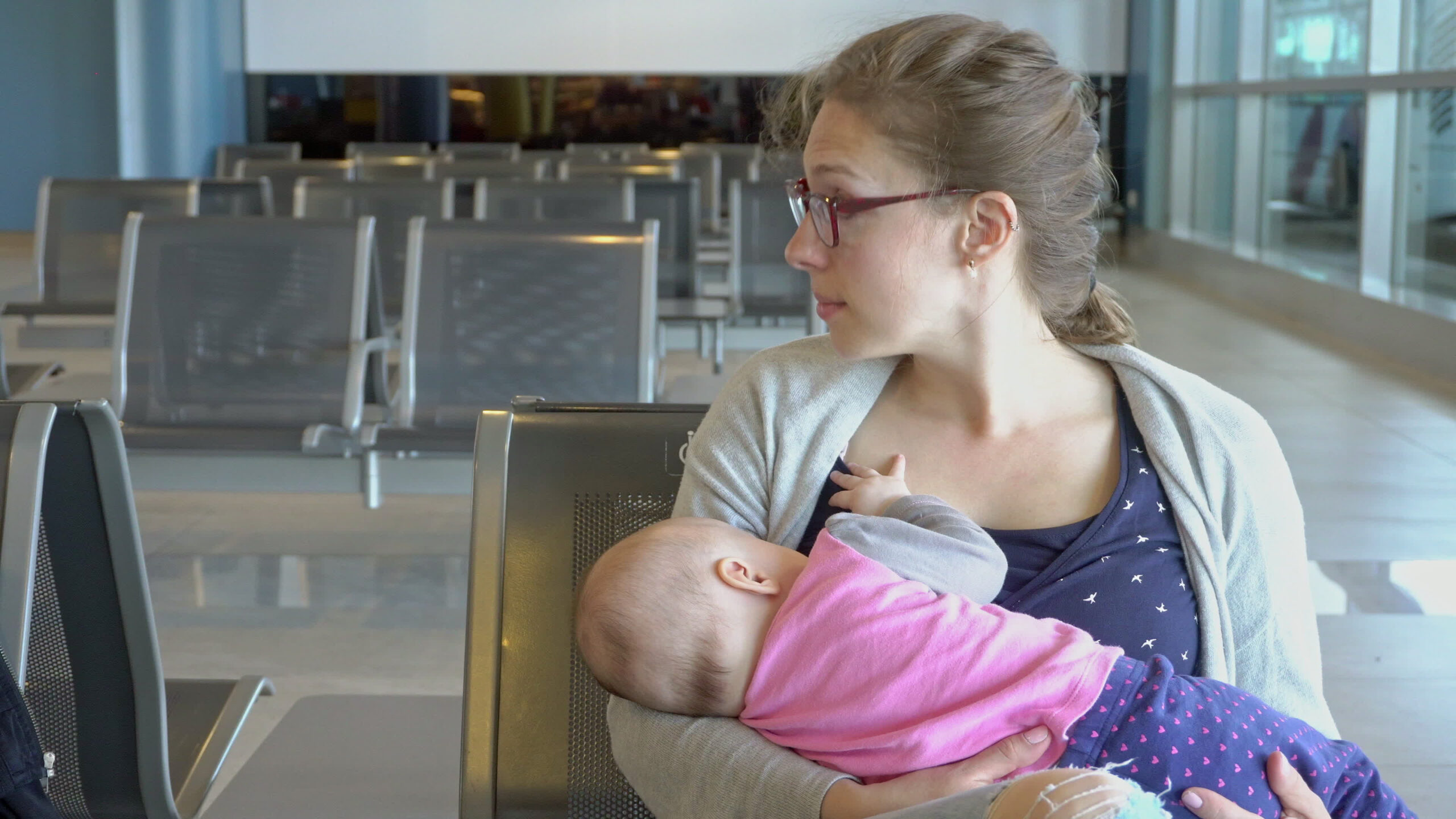Breastfeeding has a host of benefits for your baby, such as reduced risk of ear infections, allergic disease, sudden infant death syndrome and later in life, obesity and diabetes. It is important to breastfeed during a disaster, such as an earthquake or severe storm, for a host of reasons.
Benefits of breastfeeding during a disaster or emergency:
- Breastfeeding releases beneficial hormones that reduce stress and anxiety for both mother and baby.
- Human milk is the safest food for your baby when clean water or refrigeration is not available.
- Human milk is the most nutritious food for your baby and helps to fight infection and disease.
Tips for breastfeeding successfully during a disaster or emergency:
- Create a private, quiet environment where you can focus on your baby.
- Keep your baby close. Skin-to-skin contact releases the hormone oxytocin, which helps with milk flow.
- Contact a certified lactation consultant.
- If you don’t already breastfeed your baby, you can still initiate breastfeeding in the early weeks after giving birth.
- You can resume breastfeeding after a period of going without it.
- Using a breast pump can help you maintain milk supply during periods in which you are away from your baby.
- Make sure that you are consuming enough food and fluids. Although stressed moms can still produce plenty of milk, inadequate nutrition can make you feel tired and less likely to breastfeed.
The American Academy of Pediatrics recommends:
- Initiating breastfeeding within an hour of birth
- Exclusive breastfeeding for the first 6 months
- Continued breastfeeding as foods are introduced
- Continued breastfeeding for 1 year or longer






